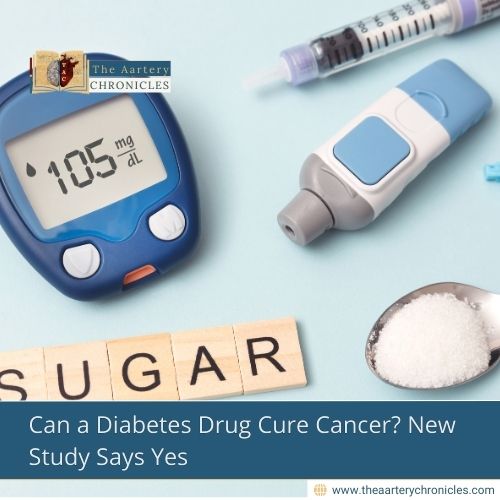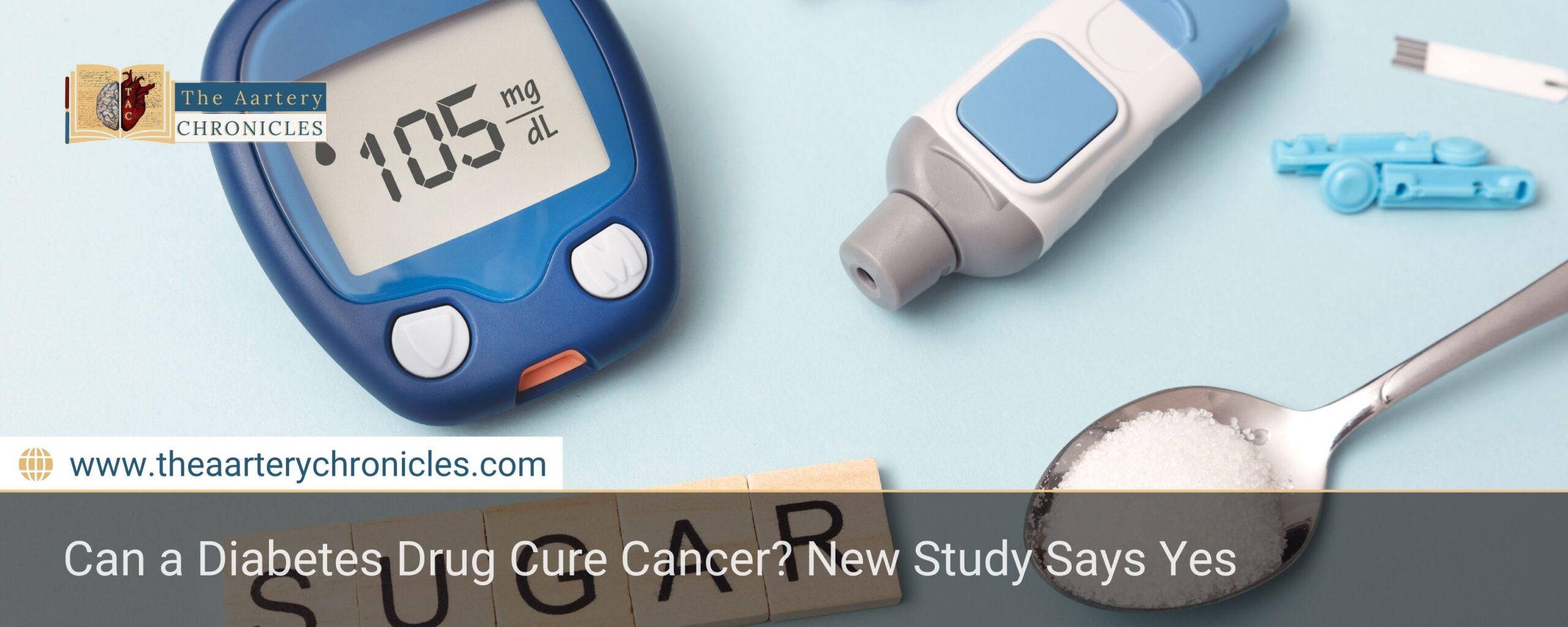

Can a Diabetes Drug Cure Cancer? New Study Says Yes
An international research team led by the Medical University of Vienna has discovered a striking similarity between how diabetes and prostate cancer behave at the molecular level. At the heart of this discovery is a protein called PPARγ, already known for its role in managing blood sugar levels in people with type 2 diabetes.
PPARγ: A Protein with Powerful Potential
PPARγ (peroxisome proliferator-activated receptor gamma) is a type of transcription factor—a protein that helps turn specific genes on or off. It’s crucial for regulating metabolism, inflammation, and cell growth. For over 20 years, it’s been the target of certain diabetes medications, such as pioglitazone, which improve insulin sensitivity.
But now, researchers believe this same protein could also play a key role in slowing down prostate cancer growth.
A Diabetes Drug Shows Anti-Cancer Effects
The scientists studied prostate cancer cells in the lab, as well as tissue samples from real patients. They found that activating PPARγ using the diabetes drug pioglitazone slowed the growth and altered the metabolism of cancer cells.
Even more promising, early data showed that diabetic prostate cancer patients treated with drugs targeting PPARγ had no signs of cancer recurrence at the time of data collection.
A New Direction in Cancer Treatment
“This suggests that diabetes drugs that activate PPARγ could offer a new way to treat prostate cancer,” said lead researcher Dr. Lukas Kenner, The Clinical Department of Pathology at MedUni Vienna.
Currently, prostate cancer—the second most common cancer in men worldwide—is treated with surgery, radiation, or hormone-based medications. But despite medical advances, it still causes a significant number of deaths.
Conclusion
The discovery of PPARγ’s role in both diabetes and prostate cancer opens up exciting possibilities. By targeting this protein, future treatments could be more specific, less toxic, and more effective.
More research and clinical trials are needed, but scientists are hopeful that repurposing existing diabetes drugs could be a faster and safer path toward new prostate cancer treatments.
Source: Inputs from various media Sources

Priya Bairagi
Reviewed by Dr Aarti Nehra (MBBS, MMST)
I’m a pharmacist with a strong background in health sciences. I hold a BSc from Delhi University and a pharmacy degree from PDM University. I write articles and daily health news while interviewing doctors to bring you the latest insights. In my free time, you’ll find me at the gym or lost in a sci-fi novel.








